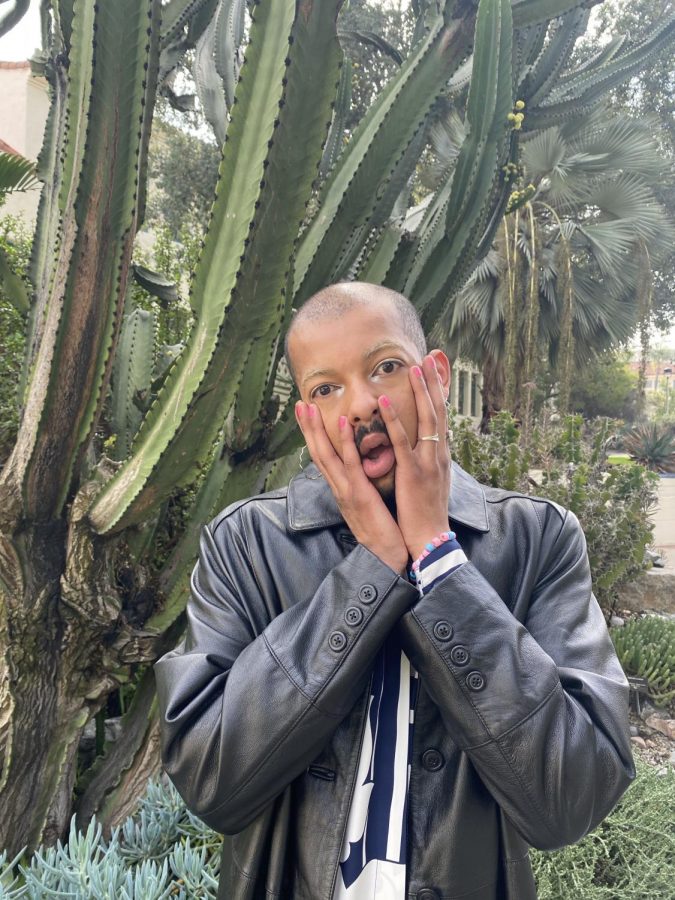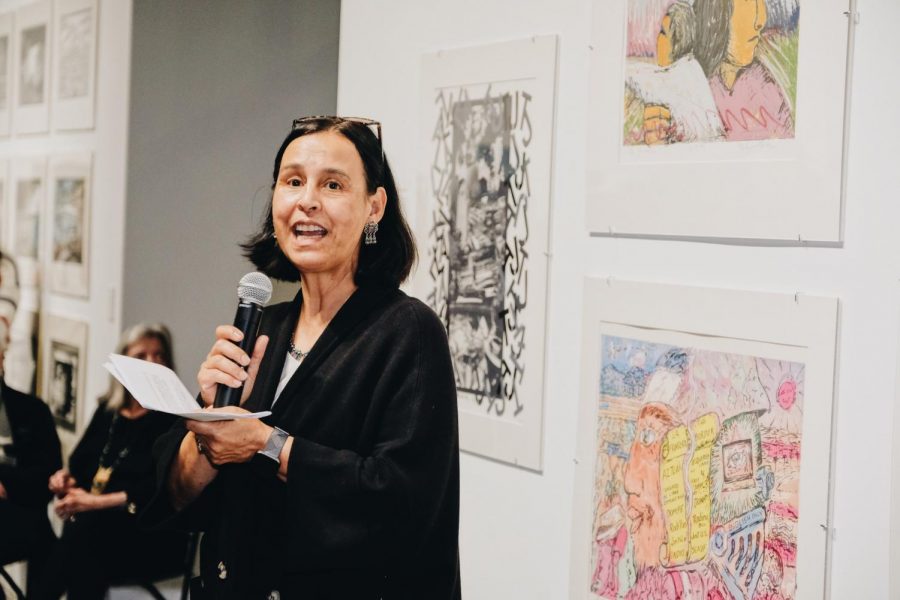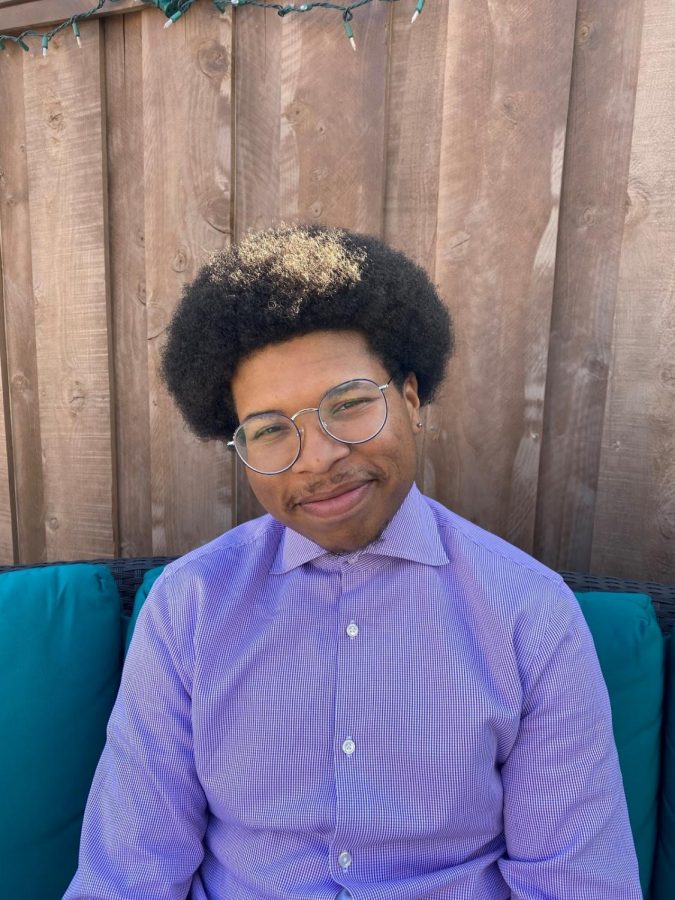Recently I started to ask this icebreaker to new friends: “What’s your favorite David Bowie album?” The conversation starter was supposed to be all in good fun, though it now comes across a bit heartbreaking as the legendary icon just died on Jan. 10.
The answer to that question reveals their taste, yes, but more importantly, it shares a bit of which memory of Bowie speaks to them the most. Do you hold dear his glam-rock persona as Ziggy Stardust? Or do you look up to the drugged-out soul man he called the Thin White Duke? How about his character in the film “Labyrinth?”
No one’s wrong, of course, but one thing is for sure: Everyone has a different favorite Bowie, and each of them represents a certain aspect of a person more than others. They’re all romantic daydreamers, but some go about life in a more cynical, more reserved or more goofy manner.
This was the biggest of Bowie’s lessons. People aren’t this or that but instead are made up of a many pieces. Identity is never one set in stone, and it’s ultimately defined by you.
Bowie publicly donned a certain part of himself, however out of the norm, like a badge of honor. He looked so comfortable in his own skin in any iteration. Not only did he show different ideals of himself, but all wardrobes and characters brought out his best.
His habit to assume multiple identities throughout his long career has earned him the title of rock music’s great chameleon. Indeed, he jumped from folk to rock to soul to electronic music in the span of a decade.
Reinvention is also a word used by many to describe his transition from album to album, but I don’t know if that’s the precise term. Calling it a reinvention assumes his old characters were no longer to be revisited, his adventurous albums mere phases of his life. His identities, however, aren’t disposable — just naturally evolving as the man himself grew with the times.
Naysayers of his day called him out for his rapid pace of change, writing it off as trend-chasing. In retrospect, it’s no wonder why his moves clashed with the critics. They wanted him settled into a singular style and be in a familiar reach with each album. Bowie instead gave the world the opposite, bringing new ideas that had yet to be explored.
Perhaps he was easily misconstrued because he always had his sights set for the visions of tomorrow. During his peak, his ideas of the future remained optimistic. He flirted with dystopian themes, notably in the album “Diamond Dogs,” though he was fascinated more with the romantic ideas of sci-fi than any dark thoughts. During what seemed like the most doomed time, he sang about the bright promises of what is yet to come.
“We can be us, just for one day,” he sang in “Heroes.” The song is inspired by a couple living in two separate blocks of the Berlin wall, but I always found it to mean something broader, such as something to hold on to get through the brutal now.
It’s when he foresaw the end of his days that his music took a bleaker turn. He sang about tomorrow with a more worrisome tone in his second-to-last album “The Next Day.” He sounded as if he was running away from something. Whatever it was, it was catching up.
Did Bowie know death was approaching? Was he trying to tell us the end was near?
He remained silent about his 18-month battle with cancer until his website reported his death out of the blue. Articles written in tribute to his life often write about his recently released album “Black Star” and its lyrics as a premonition of his death.








